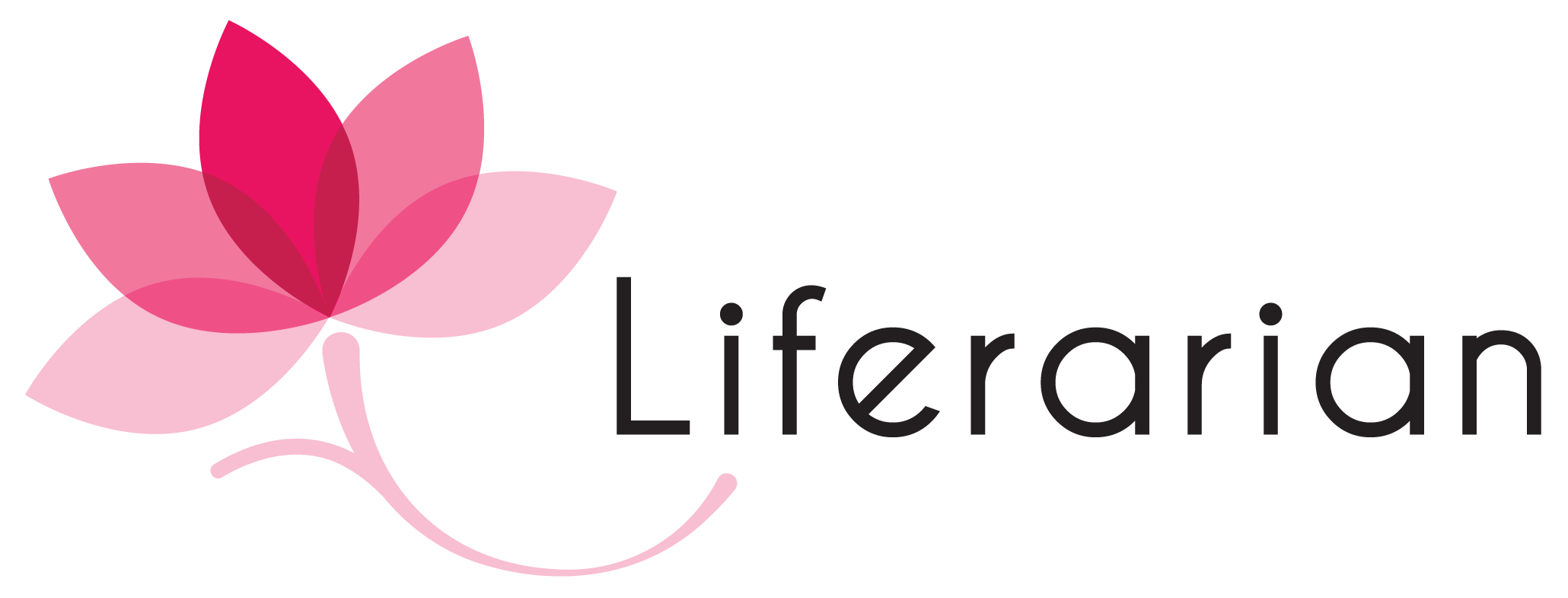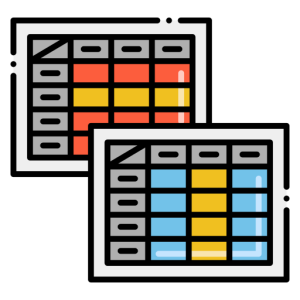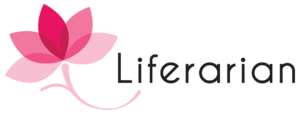“Begin with the end in mind” Habit 2 from the book, The 7 Habits of highly effective people by Stephen Covey.
The pandemic has changed everyone’s life, including us librarians. No one thought that libraries would function online for almost two years. But yes, it did. We all accepted this as a challenge and overcame the same. During this time, I have grown and improved my technological skills. Fortunately or unfortunately, we had our evaluation during this time.
Self-study during Covid 19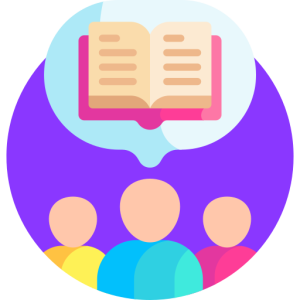
As IB professionals, we know the self-study process began before a year of evaluation. . During the collaborative meeting, we discussed having a curriculum for the library from Nursery to Grade5. We had a lot of discussions and debates about it. Do we have it or not? Why should we have it? Does IB not require it? We do not assess and so on. The choice was given to us by the teacher-librarian.
Honestly, we never made a detailed yearly curriculum for the library; we were excited and confused. Where to start? In the previous organization where I used to work, we had a workshop about The 7 habits of highly effective people, and I recalled Habit 2 – Begin with the end in mind. We thought about backwards and forward planning, discussed, argued and fought but finally created a detailed curriculum for the PYP library. It was a year-long, grade- and week-long curriculum, along with the learning outcome.
Process of Creating a Library Curriculum for Primary & Middle School
When we started, my fellow librarian and I first made an outline grade-wise. We look at what we want the students to know when moving from PYP to MYP.
- How to choose the correct resources
- Citation of sources in MLA format
- Author Study
- Comparing genres
- Identifying different types of texts
- Book review writing, Analysis of articles.
We started with Nursery we began with a simple story with one character and moved to stories with two characters and more, for the other grades, we added:
- Elements of story
- Open-ended stories
- Similar stories with different perspectives
- Fiction and nonfiction
- introduction of genres
- Understanding plagiarism
- Fractured tales
- Primary and secondary resources
- Research skills,
- Learning how to access online and print resources
- How to use them ethically.
We ensured that
- Literacy and research skills were aligned with concepts and topics.
- The skills and content increased in complexity and depth based on prior knowledge.
While designing this curriculum, we also added the resources we will be using to introduce the concept or topic to the class.
Reflections on the process:
This entire process of creating a library curriculum gave us a lot of insight into what we want our students to learn during their PYP journey. We explored, researched and found different strategies to introduce each concept/topic virtually or in hybrid mode.
It helped us clarify our small doubts. Our lessons are now interactive and meaningful. We also ensured that the Student’s Voice was heard and given many opportunities for expression.
Collaboration with Librarians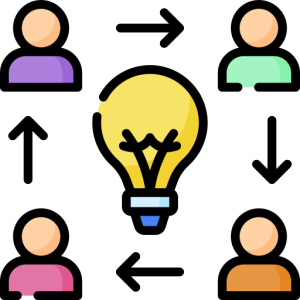
In an IB school, collaboration is essential and crucial. Along with the POI, we ensured that to support the grade-wise curriculum, we needed to procure both print and digital resources. We included areas where Librarians could introduce and use the right technology tools to create meaningful responses. It also enabled us to reinforce the attributes of learner profile, ATL and leadership capabilities.
Curriculum planning is an art and skill.
Creating and developing this curriculum requires time, effort and collaboration; I feel it is an art. It is a process of designing, recreating and refining the curriculum plan. And, It must be seen as a working document where we continue to change per the program’s needs and students’ demands. The curriculum continues to evolve and deepen. The curriculum makes library lessons more meaningful and systematic. It simplifies the documentation process. It might defer due to our context, but when we look into the content, it will eventually become a universal concept and fluency in literacy skills.
Creating the library curriculum in collaboration with my fellow librarian and the principal was the best Professional development experience.
By Brinda Pandit
